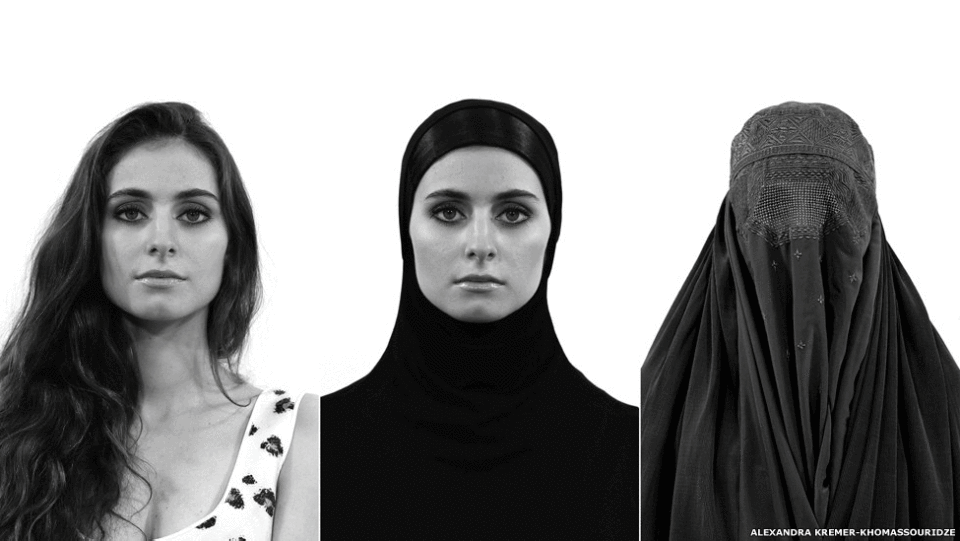"Manzanar Split Tree"by thereshegoesagain is licensed under CC BY 2.0
In anthropology, they teach you to recognize patterns of human behavior. Many like to believe that it’s the science of human beings. That with its tools, we can make sense of humans. All I found was that we are animals doing performance art.
It’s also the science that helped Armchair Victorians answer the question: brown people, why? I didn’t see this you know, as a child. I didn’t see that anthropology was my way of chopping myself into pieces and turning the white piece to the brown piece to ask the same question.
Why?
Last year around this time, I was on a road trip. It was eye-opening in many ways. We visited ghost towns, old mining towns that had either run dry or were barely hanging on. Places ravaged and plundered by the reckless pursuit of natural resources. I never really processed that people still lived in these places and willingly called them ghost towns. Descendants of settlers, miners, or people trying to buy cheap property to cash in on tourists like us. Like me.
I don’t always feel brown, you see. Most of the time, I don’t even really allow myself to think about my own brownness. It’s never really been up to me. In the ghost towns of Nevada, I was brown. The stares told me so.
But the stares weren’t all meant for me. I was traveling with two older women, people who I considered new friends at the time. One, a tall gravely-voiced woman who gave no shits. White. The other was a smaller, wiser woman who also gave no shits, in her way. Black. Police cars drove by repeatedly. Groups of children came out to wave…and stare. There was ‘no room’ in the fancier hotel. I felt the stares on my back constantly. It made me furious.
If you had asked me at the time why I was so angry, I wouldn’t have been able to say. It’s not as if I haven’t felt that gaze before. Remember: I don’t allow myself to think about my brownness. Later, speaking with the smaller friend, the one who bore that gaze every goddamned day of her life, she told me something I hadn’t considered: they probably thought I was her mixed-race kid.
I am a mixed kid, of a different mix. It’s been my bane and my greatest strength. In those towns, some still thought it was a crime[1].
On our way back from Nevada, we stopped at Manzanar[2]. This was the site of an American concentration camp during World War II, two hours from where I grew up. I can’t really explain to you what I felt there, but the suffering will poison that ground forever. You can see it in the trees.
The taller one kept talking about how if we’re not careful, this country would put people in places like that again. I replied; this country has never stopped doing that[3].
I am back in that town that I grew up in, two hours from Manzanar. These days, Adelanto is only an hour away. Make no mistake, it’s a camp like any of the others. An ICE Processing Center they like to say. But I know what that means. Somewhere in your bones, you know it too.
Why have I not allowed myself to think of myself as brown? Because somewhere in my bones, I know what happens to brown people. The question that haunts me now is why would I ever want to be one of them? The ones who decide who’s white, brown or otherwise. The ones with privilege. With power. With the perceived superiority over others by virtue of crushing them beneath their boots.
I think I also tried to be an anthropologist to ask: Why do you do this to us? To my father? His people? My friend’s people? My neighbor’s people?
I can finally answer that question without anthropology. Because you forgot you are one of us. There’s more genetic variation in every other creature on this earth than there is between human beings.
We were all brown, once.
“I’m not interested in pursuing a society that uses analysis, research, and experimentation to concretize their vision of cruel destinies for those who are not bastards of the Pilgrims; a society with arrogance rising, moon in oppression, and sun in destruction.”
– Barbara Cameron “Gee, You Don’t Seem Like an Indian…” from This Bridge Called My Back
[1]More on Miscegenation laws in the US https://www.thoughtco.com/interracial-marriage-laws-721611
[2]https://www.nytimes.com/2018/07/07/us/manzanar-japanese-americans-internment-camp.html
[3]More on the relocation of Native Americans: https://www.thoughtco.com/the-trail-of-tears-1773597; On the prison industrial complex https://www.nytimes.com/2018/01/18/us/new-jim-crow-book-ban-prison.html; On profiling and surveillance of Muslims https://ccrjustice.org/home/what-we-do/issues/muslim-profiling









